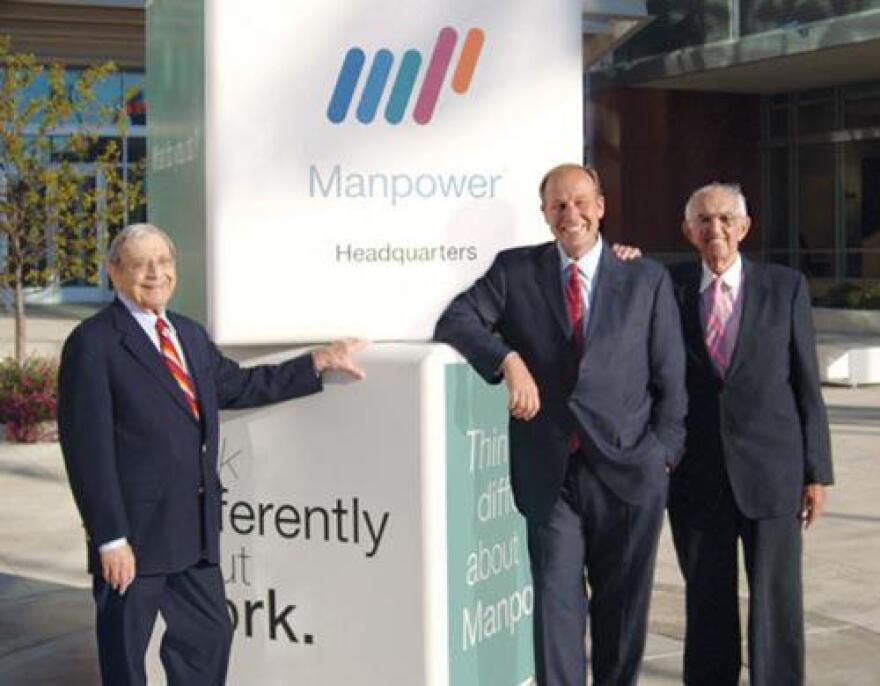Mitchell Fromstein died recently at the age of 85. History’s currents are broader than the life of a single individual, but Fromstein’s life certainly captured an era in Milwaukee.
Mitch, as Fromstein was called by those of us who were lucky enough to have known him, was a Milwaukeean through and through, a graduate of Shorewood High School and UW-Madison who spent a few years outside of the state, but built his career here and fashioned a legacy that has enriched us all.
His biggest lasting accomplishment took place in the 1980s when, as leader of the Manpower organization, he took the company public, was ousted when it was the victim of a hostile takeover by a British concern and then engineered a reverse coup by ousting the Brits in turn.
Eventually, he brought the company back to Milwaukee. Prior to all of that, he had offered me a job at Manpower, which I declined to stick to journalism.
Several years later, I was lucky enough to be the lead reporter on the British brouhaha for the old Milwaukee Sentinel. I can still remember talking to Mitch in 1989 as the story was hitting its climax. This was long before the Internet or Skype at a time when a phone call from Milwaukee to New York City was an event to remember.
But there was Mitch in a limousine in London and me sitting in a cramped, scruffy newsroom on North 4th St. in Milwaukee, exchanging information. Before we hung up, both of us commented on how unusual that was. I got a great story out of it and eventually, Milwaukee got back a corporate headquarters, which now stands proudly on the west bank of the River downtown.
Mitch and Manpower were part of a transformation of the Milwaukee economy after World War II that saw the emergence of a vigorous service sector, Manpower and MGIC Investment Corp. being the best examples.
It was also the era when major league sports came to Milwaukee. Mitch was among those in the effort to start the Milwaukee Bucks in 1968.
In many ways, it was right around then that Milwaukee was at its peak economically, with the robust new service sector complementing an already powerful manufacturing base, companies such as Allen-Bradley and Allis-Chalmers, which had done so much to help the Allies win World War II.
Within a few decades the forces of globalization and the information revolution combined to start to sap the strength of this industrial juggernaut, while the service sector prospered for the most part.
If you are looking for a symbol of all this, consider the fate of the Bucks. In a nicely ironic turn of events, the franchise was probably saved for the city in 1988 when money from the sale of the old industrial mainstay Allen-Bradley to Rockwell International was used to build a new arena for the team, right across the street from where Mitch and I would have our trans-Atlantic conversation.
Now, the Bradley Center has been deemed too old fashioned for an NBA team and there is a real danger the city will lose the Bucks if millions are not invested in either it or a new arena. The situation is another sign of Milwaukee’s relatively waning economic fortune.
I never asked Mitch what he thought of this turn of events, but I know he was vital until the end, even giving counsel to the leader of a large local charity in the month before his death. Now, his wisdom -- along the foresight and intelligence that built a billion dollar global company and allowed for many quiet charitable contributions -- is lost to us all.
What is needed is the rise of a new generation of civic leadership that will infuse a third wave of economic vigor into the community to follow the strong core that was built by manufacturers before World War II and a cadre of creative, hungry entrepreneurs such as Mitch following it.
If that happens, I am sure no one would have been happier about it than Mitchell Fromstein.





